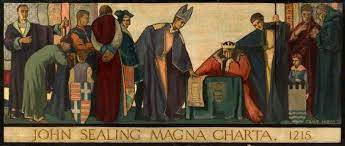History
"We are not makers of history. We are made by history."
Martin Luther King, Jr
Our Curriculum
History is organised to allow students to study local, national and world events within a chronological framework. This allows students to make connections and understand the process of change overtime: the way society is organised; the way power has been challenged; the development of ideas and the experiences of people at different times and in different places allowing them to understand their place in the long story of human development. Our curriculum will allow students to grasp how we arrived ‘here’, help make sense of the present and root themselves in today, challenging them to make sense of the similarities and differences in human experiences across time and place.
We are committed to fostering students’ curiosity, questioning to create a passion and love of the past. We want students to challenge evidence as well as the way history has been constructed and contested to enable them to become analytical citizens who can evaluate human motivation and society with skill and confidence. We are committed to balancing knowledge with historical skills such as significance, source evaluation and interpretation, which run through the History curriculum.
Getting Better at History
Students get better at History by building their knowledge of local, national and international events, people and society to progressively learn more about the past that shapes them, and crucially developing their historical skills, such as understanding significance, as they become more confident. They can successfully construct written work, using evaluative language to weigh up issues and appreciating conflicting viewpoints, reading widely around the subject.
Beyond School
We hope that our students will choose to study History at GCSE, A Level and beyond. History education at any level should allow students to critically understand current affairs, and major global issues from the root causes of terrorism to the legacy of empires. Students can visit new places and view them, and people, with a deeper understanding of context so they have more knowledge with which to see the complexities of people and our world. Beyond school we are passionate about ensuring students are given the opportunities and tools to become questioning experts. We want them to understand the dangers of generalisations, misinformation, prejudice and bias. We want them to explore the past and navigate life today knowing that evidence, critical thinking and scrutiny are vital in the current age of the Internet and social media.
Careers
Politics, civil service, law, solicitor, broadcast Journalist, researcher, human resources officer, marketing executive, policy maker, archivist.


